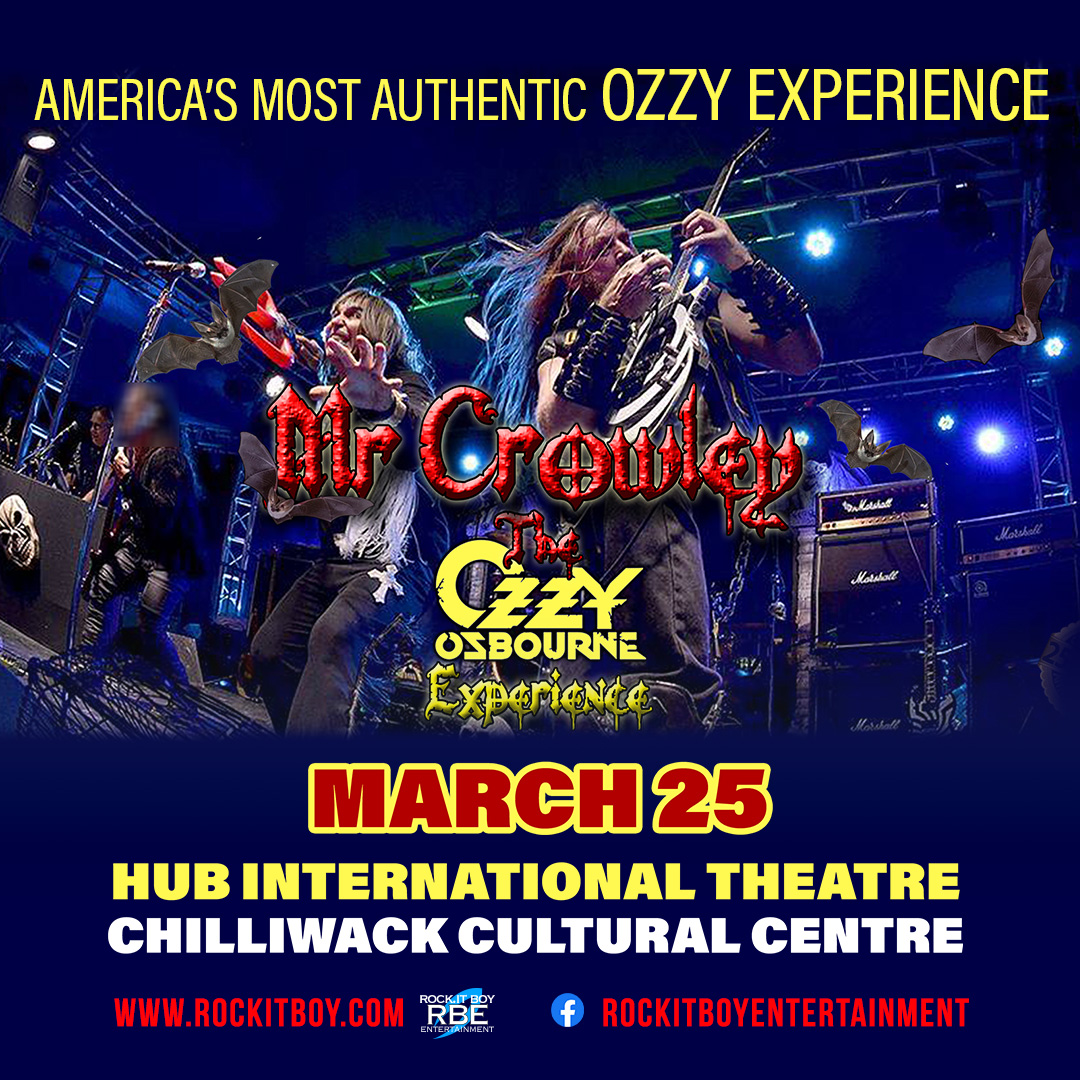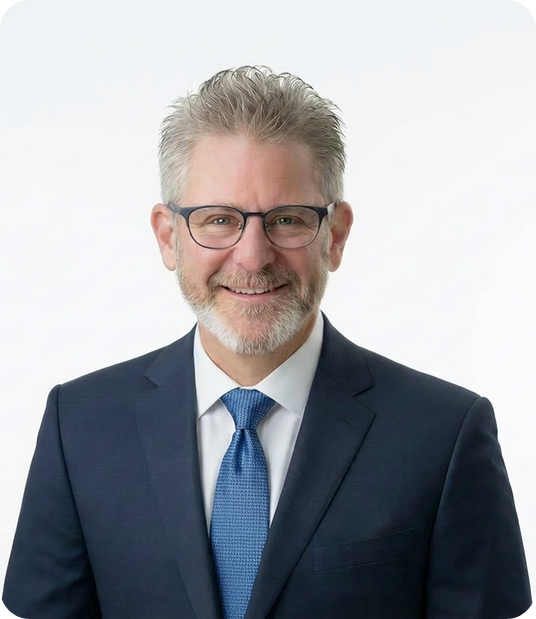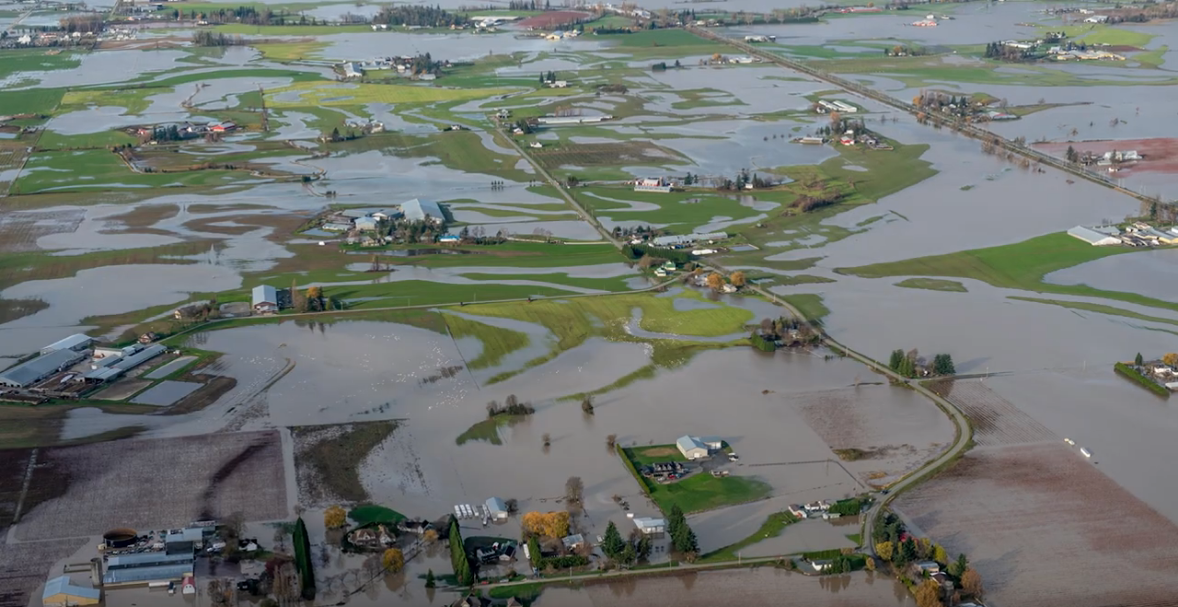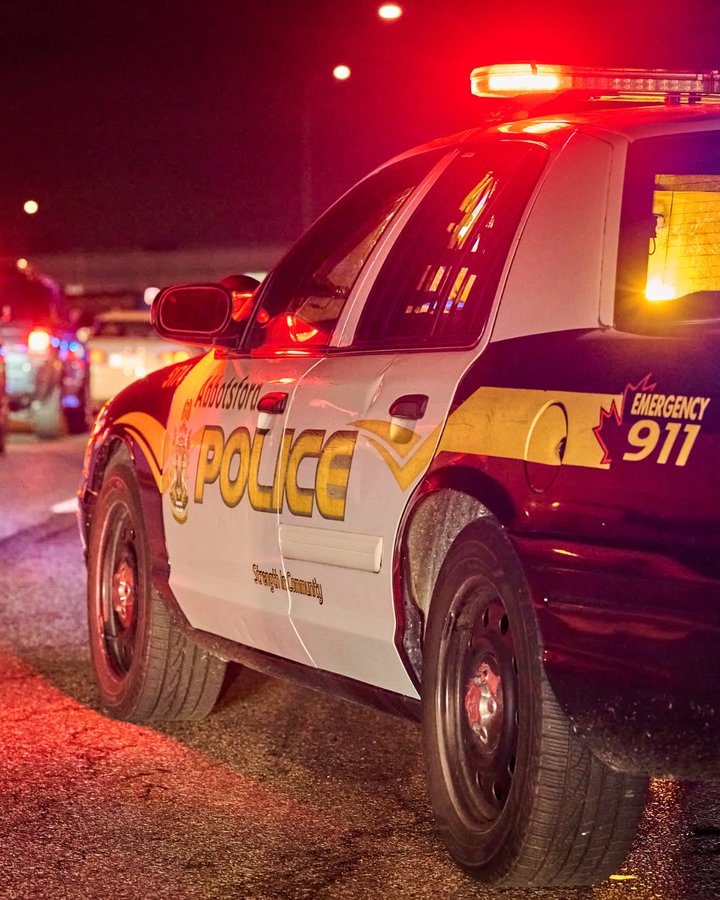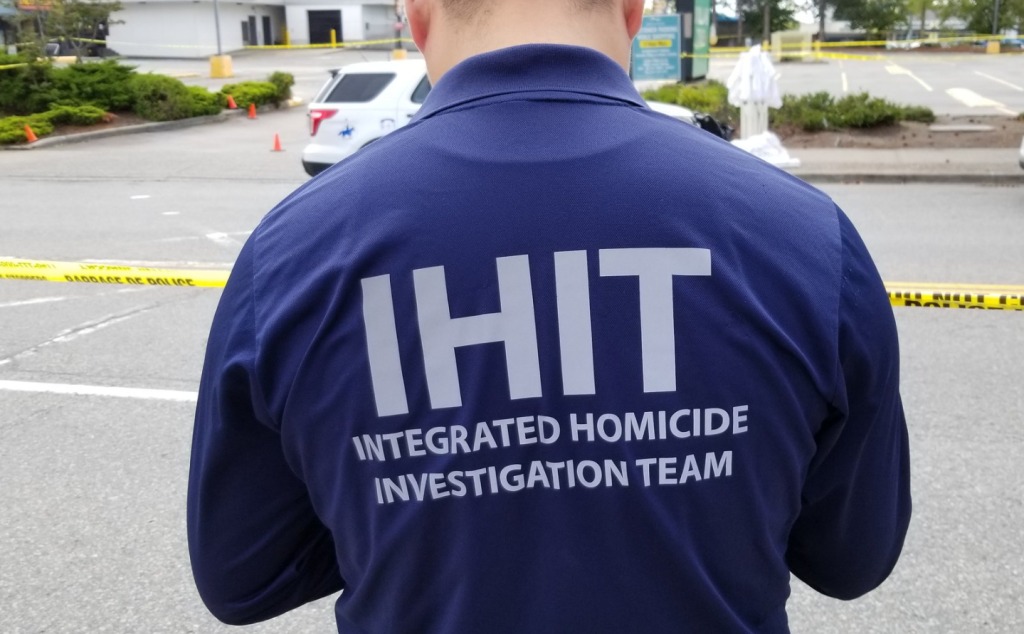Fraser Valley – Following months of discussion, leaders from 14 Upper Fraser Valley Indigenous communities have formally agreed to the first Community Safety Agreement in British Columbia.
In 2018, Corporal Chris Gosselin and Superintendent Bryon Massie, the Officer-in-Charge of the UFVRD RCMP, became aware of the need to engage Indigenous communities not served by Community Tri-Partite Agreements.
Of the 24 Indigenous communities served by the UFVRD RCMP, 15 had no mutually-agreed upon way for the RCMP to provide policing services which were dedicated and responsive to the specific needs and cultures of each of these Indigenous communities. For the next several months and with the acknowledgement of the Indigenous leaders, they worked together with the RCMP to develop an innovative strategy resulting in this landmark Community Safety Agreement the parties are announcing today.
Leading a grass roots initiative takes guts, trust, efficacy, tenacity, with focus and an open mind for a better life for our people, for all people. I’m extremely proud of our assemblage and what we have accomplished. Kʷukʷstemc, Hromtik’en Kwakosen,
says Chief James Hobart of Spuzzum First Nation.
In the spirit of truth and reconciliation, this Agreement solidifies our commitment to one another to provide safe Indigenous communities,
says Corporal Chris Gosselin who oversees the first Urban Indigenous Policing Section in British Columbia for the RCMP. Together, with Constable Jaden Courtney, this team delivers enhanced Indigenous policing services to Indigenous communities on behalf of the UFVRD.
This is about partnerships, communication and reconciliation. This is important work and I appreciate the efforts of everyone involved,
says Deputy Commissioner Jennifer Strachan, Commanding Officer of the BC RCMP. The Community Safety Agreement enhances the important relationship between the UFVRD RCMP and the Indigenous communities they serve.
Cpl. Gosselin and Supt. Massie embarked on a consultation process with leaders from the affected communities to identify gaps and hear directly from Indigenous leaders about what they expected from police. Following the consultation process, 14 of the 15 non CTA communities expressed a desire to formalize an agreement.
We were given a clear mandate from our membership to build a relationship with the RCMP that consists of trust, communication and prevention. I believe the collaborative approach that went into developing the Community Safety Agreement has achieved this mandate from our membership. This type of agreement can be considered best practice for First Nations across this province and I look forward to the implementation of the Community Safety Agreement,
says Chief Derek Epp of Tzeachten First Nation.
A steering committee was formed, which included four Chiefs representing the 14 Indigenous groups, the UFVRD and Lower Mainland District RCMP who worked together to finalize the Agreement. Of note, the communities involved in this agreement include Members of both STÓ:LŌ Nation and Nlaka`pamux Nation.
The four Chiefs of the Steering Committee would like to extend their acknowledgement of the priceless input provided by all 14 of the communities involved,
says steering committee member Chief James Hobart. We humbly hold our hands up to you for the trust that you placed in us. We are proud to represent our communities.
The successful creation and adoption of this partnership, stems from our desire to ensure that the needs of Indigenous communities are not only heard but are delivered. It demonstrates our commitment to work together to improve communication, enhance public safety and provide high quality service to the Indigenous communities within the Upper Fraser Valley Regional Detachment,
says Supt Bryon Massie.
I am proud of the work we collaboratively accomplished. We remained focused on the wellbeing of our communities and committed to an honest and respectful working relationship with our partners in the RCMP. I look forward to sharing with interested First Nations in our success with the Community Safety Agreement, says Chief Maureen Chapman of the Skawahlook First Nation.


